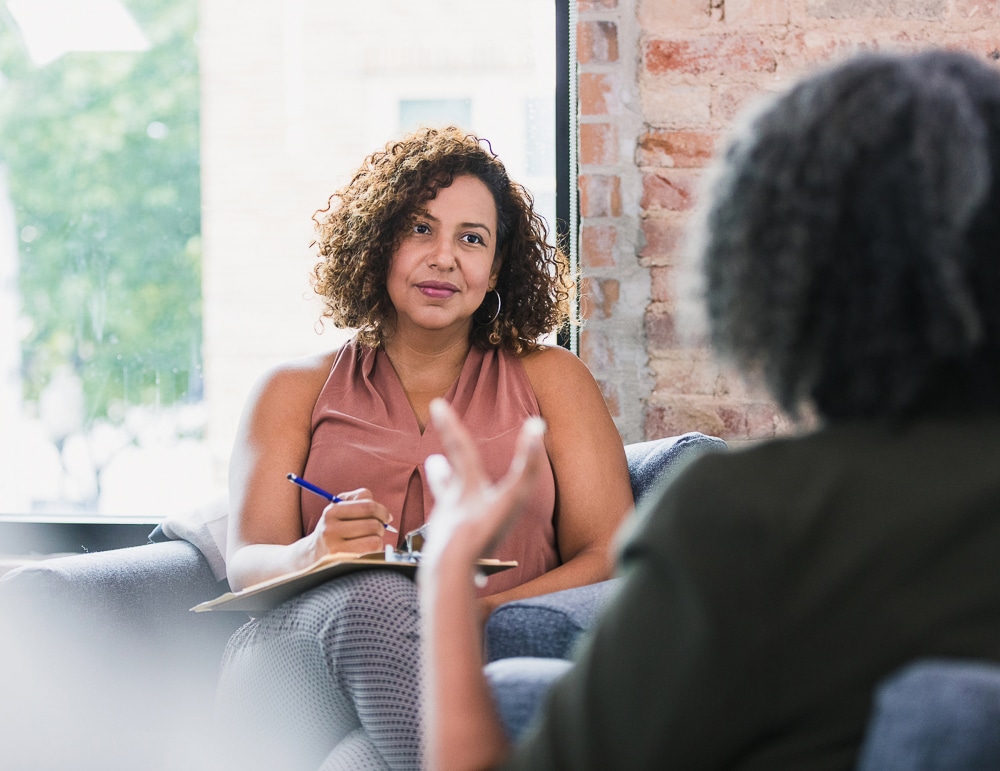We don’t protect our minds the same way we protect our bodies—especially if you’re on the frontlines keeping others healthy and safe. Bulletproof vests aren’t made to fight anxiety.
To protect our mental health, we all need to take steps that are unique to each of us. Yet, how do you know what’s right for you when the options are almost endless? From creating and maintaining a self-care and healthy diet, to proper exercise and talking about our problems—it can be tough and overwhelming knowing where to start.
By asking for help, whether it’s for ourselves or for others, we begin a journey toward healthier mental health and spark a chain reaction that can have positive long-term benefits for both you and the important people in you life. It’s pretty easy to recognize when you or someone in your life is physically vulnerable to harm —but sensing when we need to protect our mental health is not so simple if you don’t know the signs you’re looking for or know the risks involved.
You always put others first, now we want you to put yourself first. PPE For Your Mind is specifically designed to relieve anxiety and stress for those who keep us healthy and safe.
What are you at risk of if you don’t protect your mind how you protect your body? In school, at home, at play and in our workplaces, we learn how to protect our bodies from physical injury. We recognize that when we have a physical injury, if left unattended it may result in pain, discomfort, reduced mobility and in the worst-case lead to a crisis that requires acute medical intervention. The path of who to seek help from and how are well understood – and there are resources readily available to provide that help.
In terms of our minds – and especially our mental health and wellness we are entering into a world of intangible feelings that reveal themselves often with physical and emotional signs and symptoms – that when left unattended may lead us into crisis. Sometimes the signs are obvious but at other times, something may feel slightly off and you can’t figure out what it is. So how do we learn to recognize what we need? We ask for help.

When we have a physical injury, we instinctively know who to reach out to and how to describe the pain. But with mental health, it’s often more complicated, and we don’t want to wait for a crisis to seek support. Reaching out takes courage, as fear—whether rooted in stigma, shame, or judgment—often holds us back. It’s important to feel empowered to ask for help, knowing it’s okay not to be okay. Be specific in your needs, whether it’s stress, anxiety, or life struggles, and remember that you’re not a burden. Normalizing help-seeking is essential; the sooner we talk, the sooner we get support.

(Examples and not limited to)
(X is your specific issue or topic)